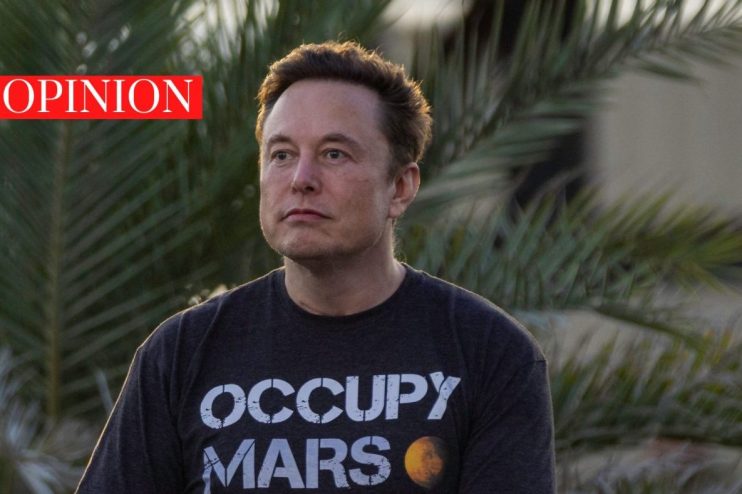Musk is right to envisage a SuperApp, but why would anyone trust him to do it?

Elon Musk’s vision for a Twitter SuperApp is very in vogue, but he has to convince people to give up Apple in favour of his product, writes Michael Wood
Jim Barksdale, the chief executive of the first popular web browser Netscape, knew how to make a profit. He said: “There are only two ways I know of to make money: bundling and unbundling.” This has since become an axiom of Silicon Valley. Elon Musk’s quest to turn X (formerly Twitter) into an “everything app” has generated a lot of flack these past few months, but, after a decade where hundreds of billions were made by unbundling different services into new companies, he’s right that bundling is once again the way “to make money”.
Superapps are the ultimate bundle. Made famous by WeChat, Gojek and Grab in Asia, these superapps provide numerous services, compared to the more focussed WhatsApp, Uber and PayPal of the West. It is understandable why Elon would want X to become a superapp.
Creating a bundle is not just a matter of entrepreneurship, but also market conditions. There is a time when bundling is the right strategy and there is a time for unbundling. Big, disruptive technology changes, like the Internet, are rare but when they occur they are like unbundling earthquakes; causing confusion, upending the existing order and changing the world forever. Fifteen years ago we had two: the cloud and mobile.
Unbundling follows these new technology earthquakes because no one knows what is possible or what will be successful. The fast and the agile benefit. It is undeniable that the past 15 years have seen a huge wave of unbundling, a Cambrian explosion in apps and companies. Salesforce has 7,000 apps on its AppExchange, Shopify and Xero have 8,000 and 1,000 apps in their App Stores respectively (not to mention the 1.6 million iPhone apps available!). Among these unbundling winners of the last decade are household names, such as Uber, AirBnB and Monzo.
But the disruption of a new technology doesn’t last forever. Once the confusion has dissipated and ways to harness its potential are understood, the rewards flow back to the incumbents. This is what Elon Musk is betting on – that we are back in a bundling phase once again, after 15 years.
In the corporate world, the signs are clear. Rippling, for example, has compiled employee payroll, benefits, expenses and more into one employee-based superapp. My own company, Translucent, is creating the CFO superapp by consolidating a wide range of different finance and accounting apps, whilst Hubspot and Salesforce are battling it out to cover the entire sales and marketing suite.
The same is true in the consumer arena. You can get films and music from your department store (aka Amazon). The iPhone is not just an “iPod, a phone and an internet communicator” but also your camera, map and wallet.
Elon Musk might succeed in his quest for X to become a superapp. But in doing so, he’ll need to provide compelling reasons why consumers should give up their existing suppliers. Apple is trying a similar thing, which begs the question: why would you go to X for all your daily needs in one place, if the iPhone already provides that function? And amidst this battle, perhaps another disruptive technology is right around the corner in the form of AI. The bundling and unbundling paradigm will continue to create boundless opportunities for people. But, as ever, the timing is everything.